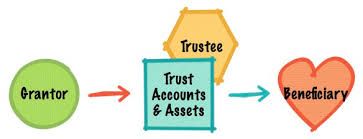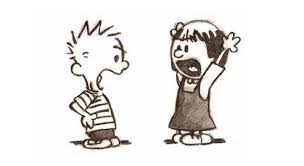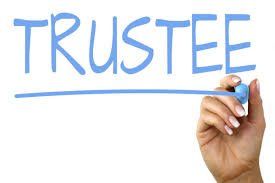Inner Workings

A trust is defined as an entity created to hold assets for the benefit of certain persons with a trustee managing the trust. The person(s) creating the trust signs a written trust agreement which establishes the trust and spells out the terms and conditions upon which it will be managed.
All this sounds nice. But what does it really mean and how will it help? The focus of this article is what should be in a trust. First, throughout our lifetimes we acquire “stuff,” such as a home and land and sometimes land in different states and countries. We own money in the form of cash, bank accounts, saving accounts, maybe investments such as certificates of deposits, money market accounts and other money investments. Also, we may own stocks, bonds, brokerage accounts, life insurance policies, annuities and other forms of money assets. We own personal property such as clothing, jewelry, vehicles, boats, motorcycles, motor homes, recreational equipment, jewelry, weapons and other tangible personal items.
These things are in our individual names and we can do as we choose with them, such as retain, sell, trade or mortgage them. Few limits are placed on our use of our possessions. Managing our “things” is easy while we are healthy. However, the problems occur when we lose our health or pass away. Who can access your property to help you, pay your expenses or distribute to your family on death? Usually the answer is no one without court intervention.
This is where the trust is beneficial. The ownership of many of these items is changed to the trust to be used for and by you while you are healthy and managed by a trustee for your benefit if you are incapacitated. After your death, assets are distributed your family or friends almost immediately. This saves the expense delay of probate and courts dictating who receives you property. A trust will protect you during your lifetime and later your family.












